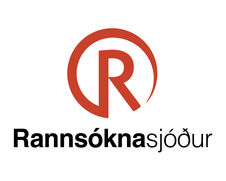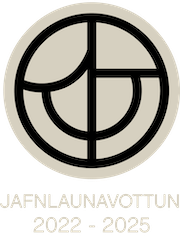SEADA-Pilot - verkefni lokið
Fréttatilkynning verkefnisstjóra
Many activities of the modern society are entirely managed by computer-controlled systems. These systems can be large-scale, and time and safety critical. Due to the dynamic nature of such systems and their surroundings, they are vulnerable to failures, threatening human lives or causing intolerable costs.
Autonomous response to context changes is a mechanism to prevent a failure in self-adaptive systems. Selfadaptive systems are able to adjust their structure and behaviour in response to changes. We introduce the Coordinated Adaptive Actor model (CoodAA) for constructing selfadaptive control systems, and develope theories, tools and techniques for analysing and formal verification of such systems. Our focus is mostly on traffic control systems where we have numerous moving objects whose movements on a traveling space are adjusted and coordinated by controllers. The application domain of traffic control systems is not only limited to air traffic control systems or rail traffic control systems, but also includes more applications such as robotic systems, maritime transportation, smart hubs, intelligent factory lines, etc. System developers can build more reliable and safe systems using the user-friendly framework provided by SEADA. The impact is having more dependable computer systems in society and industry.
Heiti verkefnis: SEADA-Pilot
Verkefnisstjóri: Marjan Sirjani, Háskólanum í Reykjavík
Tegund styrks: Verkefnisstyrkur
Styrktímabil: 2016-2018
Fjárhæð styrks: 42,302 millj. kr. alls
Tilvísunarnúmer Rannís: 163205


